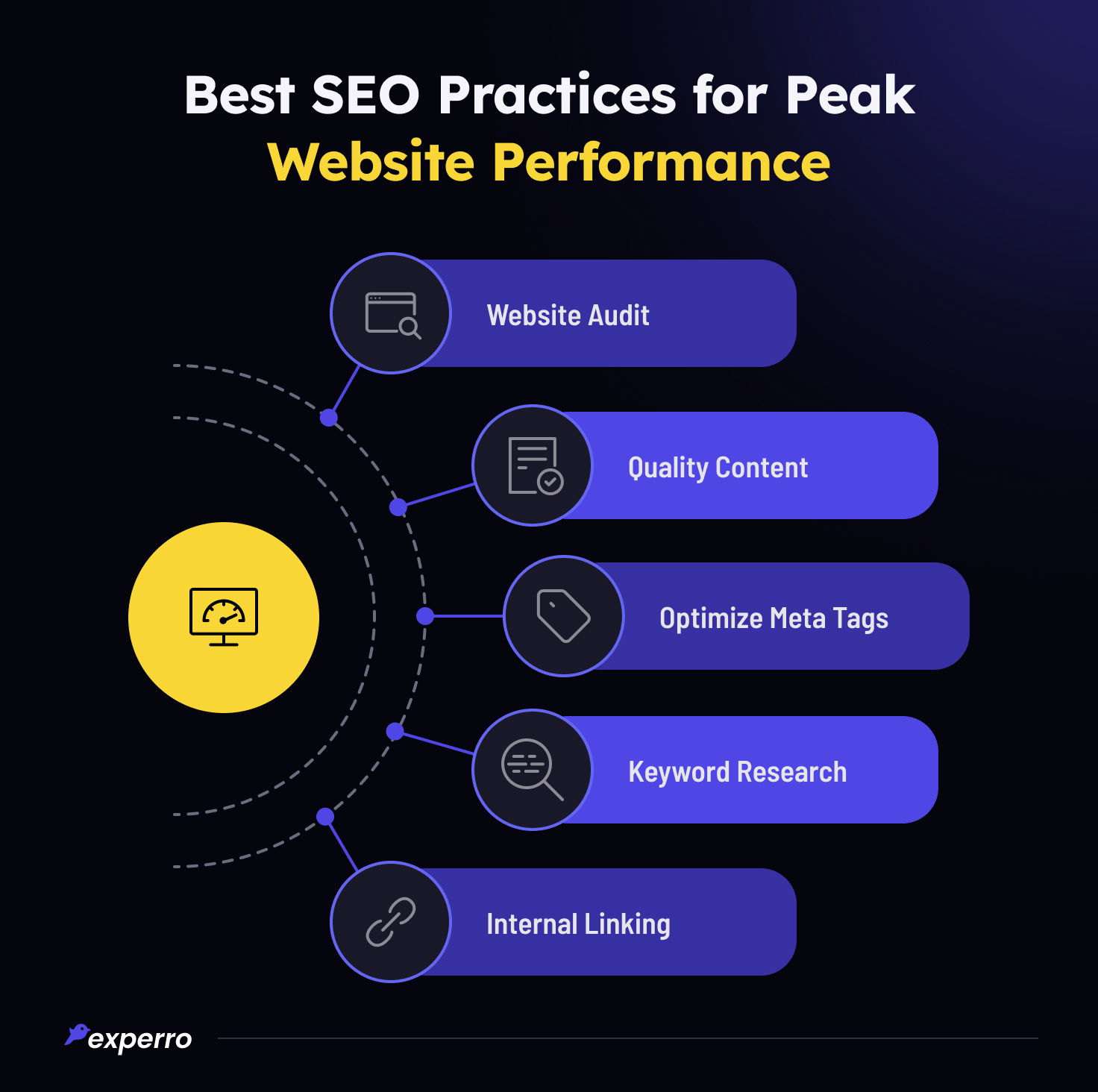How to Optimize Your Website for Local SEO: A Comprehensive Guide
Guide or Summary:Keyword Research for Local SEOLocal Business Listings and CitationsGoogle My Business ProfileLocal Content MarketingLocal Link BuildingOpti……
Guide or Summary:
- Keyword Research for Local SEO
- Local Business Listings and Citations
- Google My Business Profile
- Local Content Marketing
- Local Link Building
Optimizing your website for local SEO is crucial for businesses that want to attract customers in their local area. With the increasing reliance on digital platforms for finding local businesses, it's essential to ensure your website ranks well in search engine results pages (SERPs) for local queries. In this comprehensive guide, we'll delve into the strategies and tactics that can help you improve your local SEO and attract more local customers.
Keyword Research for Local SEO
Keyword research is the foundation of any successful SEO strategy. When optimizing for local SEO, it's important to focus on keywords that are relevant to your business and the local area. This includes both broad and specific keywords related to your industry and location.
For example, if you're a local pizzeria, you might target keywords like "best pizza in [city name]" or "pizza delivery [city name]." These keywords are specific to your location and industry, making them highly relevant for local searchers.
Once you've identified your target keywords, incorporate them into your website's content, meta tags, and other on-page elements. This will help search engines understand the relevance of your website to local search queries.
Local Business Listings and Citations
Local business listings and citations are essential for local SEO. These are online mentions of your business name, address, and phone number (NAP) on third-party websites and directories.
To improve your local SEO, ensure that your NAP is consistent across all online directories and listings. This includes Google My Business, Yelp, and other local directories. Claiming and optimizing your business listings on these platforms can help improve your visibility in local search results.
Google My Business Profile
Google My Business is a powerful tool for local SEO. It allows you to manage your business's presence across Google, including Google Search, Google Maps, and Google Assistant.
To optimize your Google My Business profile, ensure that your business name, address, and phone number are accurate and consistent. Add photos of your business and products, and provide detailed information about your services and hours of operation.

Encourage customers to leave reviews and ratings on your Google My Business profile. Positive reviews can improve your local SEO and help attract more customers.
Local Content Marketing
Content marketing is a powerful tool for local SEO. By creating high-quality content that is relevant to your local audience, you can attract more visitors to your website and improve your local search rankings.
Focus on creating content that addresses the specific needs and interests of your local customers. This might include blog posts, articles, videos, and infographics that provide valuable information and insights about your industry and location.
Incorporate your target keywords into your local content, but avoid overstuffing your content with keywords. Instead, focus on creating informative and engaging content that provides value to your readers.

Local Link Building
Link building is an important part of any SEO strategy, and local link building can help improve your local search rankings. Focus on building links from reputable local websites and directories.
One effective way to build local links is to reach out to local bloggers, influencers, and media outlets and ask them to feature your business in their content. This can help increase your visibility and attract more local customers.
In conclusion, optimizing your website for local SEO is essential for attracting local customers and improving your search rankings. By focusing on keyword research, local business listings and citations, Google My Business profile, local content marketing, and local link building, you can improve your local SEO and attract more customers to your business.